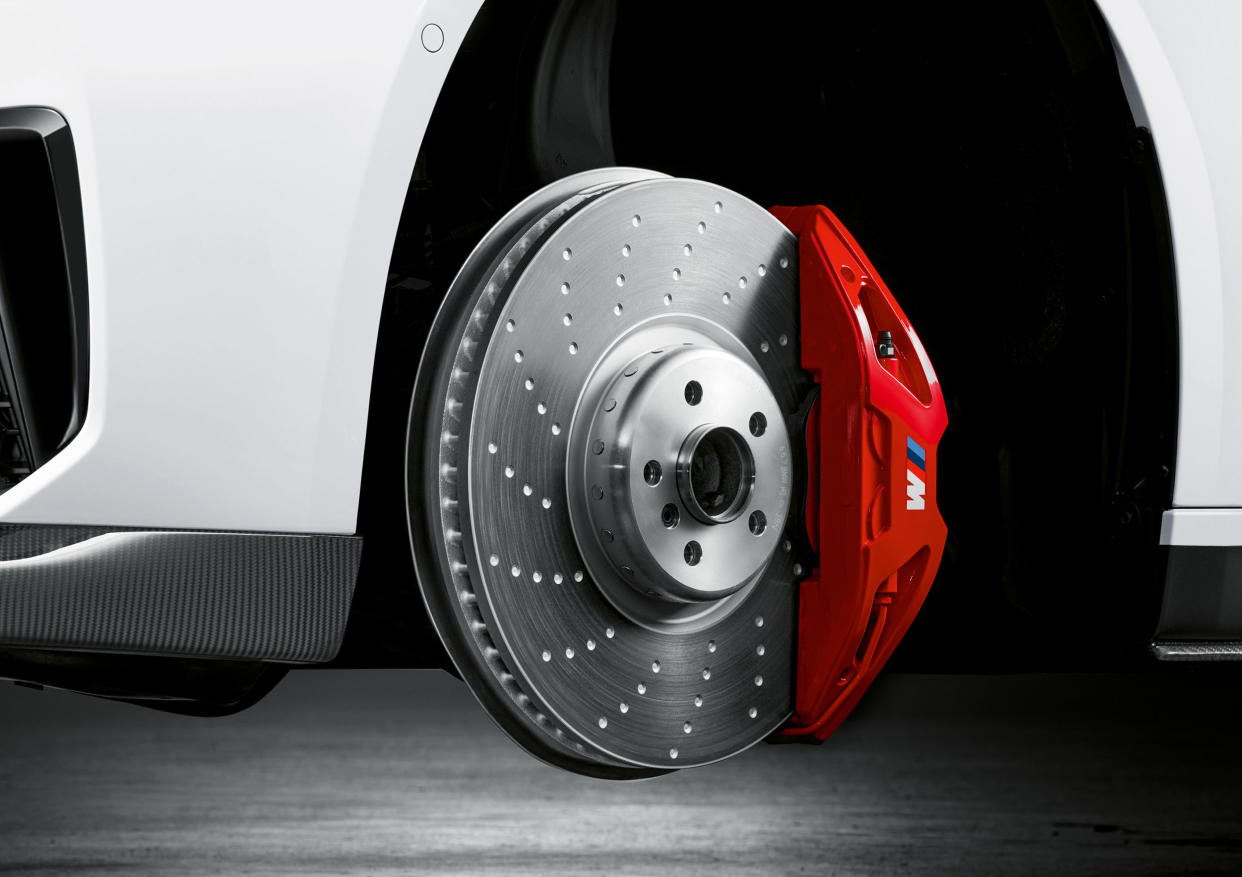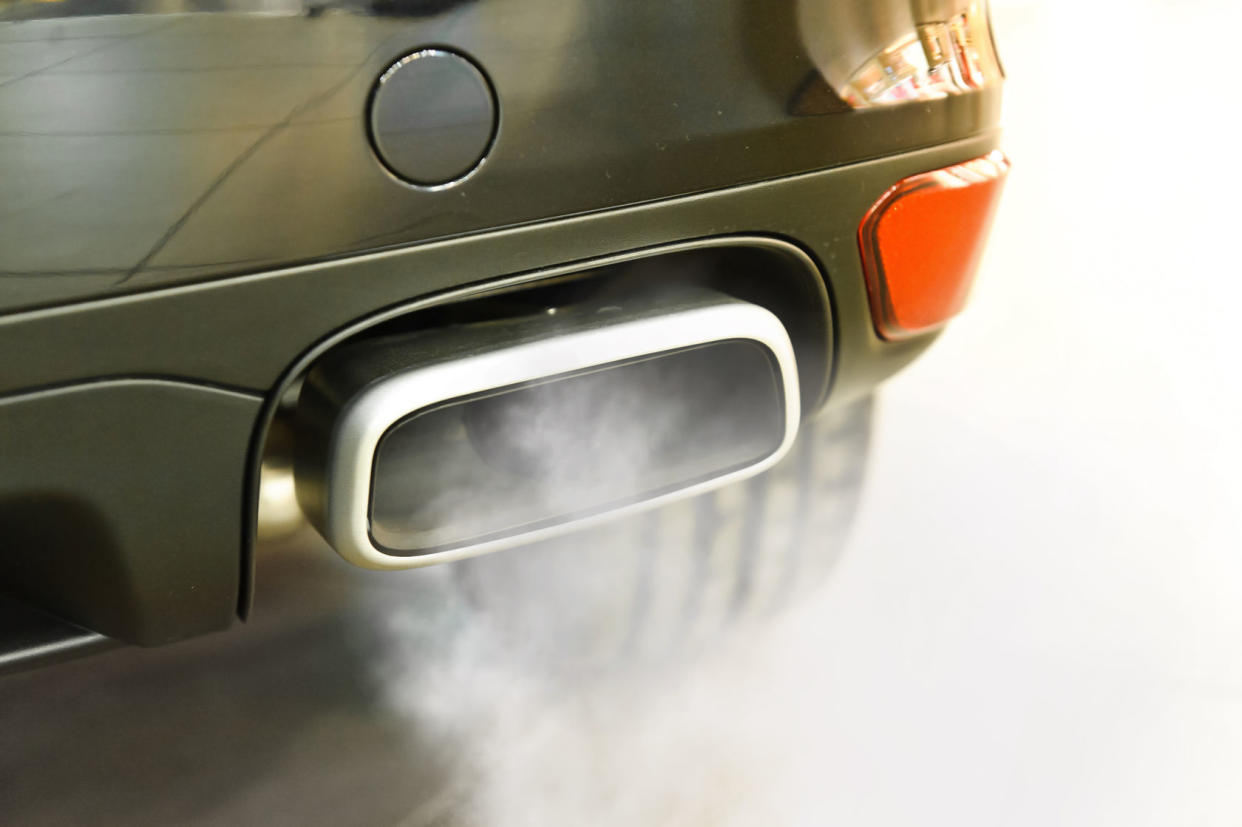How to make sure your car is roadworthy when lockdown restrictions end
Whisper it, but it looks like we’re on the road back to normality. Yes, the coronavirus pandemic has put a pause on plenty of things over the past year, but with the government’s recently announced roadmap out of lockdown, it could be coming to the end if certain parameters are met.
However, after spending months on end barely moving from where they’ve been parked for 12 months, our cars might need a little TLC before getting back on the road.
The last thing you want is for a trip to see friends and family to be scuppered by a car that won’t start – or worse, breaks down along the way.
To minimise this risk, here are a few checks you should do before getting back out on the road.
Battery
One of the first things you should check before heading out in your car is whether your battery has enough charge. When cars are left stationary for long periods of time, the battery slowly drains, and could mean your car won’t start.
Try to turn your car on before you need it for a longer trip. If it works, great – go for a drive of 15 minutes or more to ensure the battery is nicely topped up. If not, get someone to help jump start the car and drive around the local area for a while to refill it. Do a few laps close to home, because if it fails while you’re out it will make it easier to get help.
If this happens it could mean your battery is toasted, so it’s best to go and buy a new one.
Tyres

If you leave your car for a while, it’s a good idea to roll it backwards and forwards occasionally so the weight isn’t concentrated on the same section of tyre. If you haven’t done this, you should move the car to check if the contact patch has been squashed – flat spots will cause a dangerous vibration while driving.
You should also do a visual check for cracking, cuts or bulges as these can be a sign of imminent failure. Finally, check the pressure is in line with manufacturer recommendations – you can find these in the manual or the door shuts.
Brakes

Working brakes are vital, but over time corrosion can build up on the discs. This isn’t necessarily a problem long-term, but can be an issue if left unattended for too long. If it’s just surface rust, braking a few times should clear the surface – but be very careful because the first few times you do this you’ll have reduced stopping power, so make sure you do it at low speeds and in a safe place to start with.
Diesel particulate filter

All diesel-powered cars since 2007, and a few before that, have a diesel particulate filter (DPF). It catches soot particles and stores them until it can burn them off, reducing harmful exhaust emissions.
However, this requires heat to build up in the exhaust, so if you’ve only been doing shorter journeys over lockdown, the DPF might not have had a chance to clean itself, clogging it up. To fix this, you simply need to take the car on a longer journey, particularly on higher-speed roads, so it can clean itself. Just make sure you have more than a quarter of a tank of fuel, because some cars won’t do this when running low on fuel.
If a DPF warning light comes on the dash and a long drive doesn’t fix it, you might need to visit a garage.
Fluids

It’s unlikely these will have been affected too much by a car being left for too long, but it’s always worth checking as they might have been low when you left the car.
You should check the oil (there’s a ‘dipstick’ in the engine with a yellow top to let you check levels), windscreen washer fluid and coolant.
You should also fill your fuel tank to the top, particularly if it’s been low for a while, because dirt and other contaminants can sink to the bottom. Filling the tank ensures you have a fresh load of fuel to wash everything through.


